Optimal Timing for Masonry Service
Understanding the optimal timing for masonry service can impact the durability and quality of the work. Seasonal considerations, weather conditions, and material properties all influence when masonry projects should be scheduled. Proper timing ensures materials set correctly and reduces the risk of damage from environmental factors.
Spring offers moderate temperatures and lower humidity, ideal for masonry work. Scheduling during this season allows ample curing time before the heat of summer.
Summer can be suitable if temperatures are not excessively high. Early summer is preferable to avoid heat stress on materials and workers.
Fall provides cooler weather and less rainfall, making it a good time for masonry projects before winter.
Winter is generally less ideal due to cold temperatures and potential for frost, which can hinder curing and compromise masonry integrity.
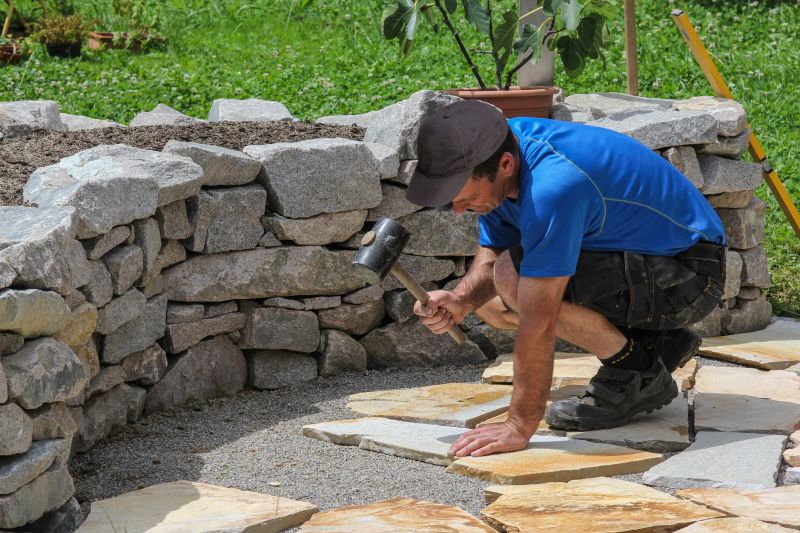
Optimal conditions for setting and curing.
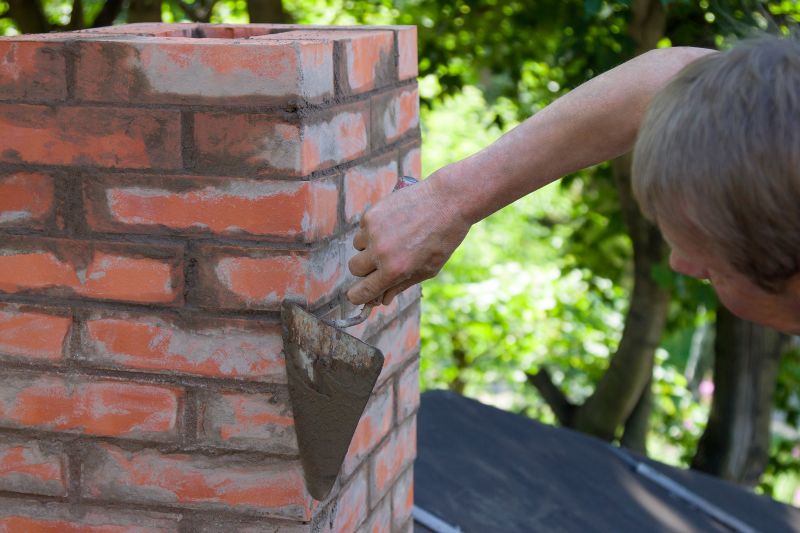
Requires careful planning to avoid heat-related issues.
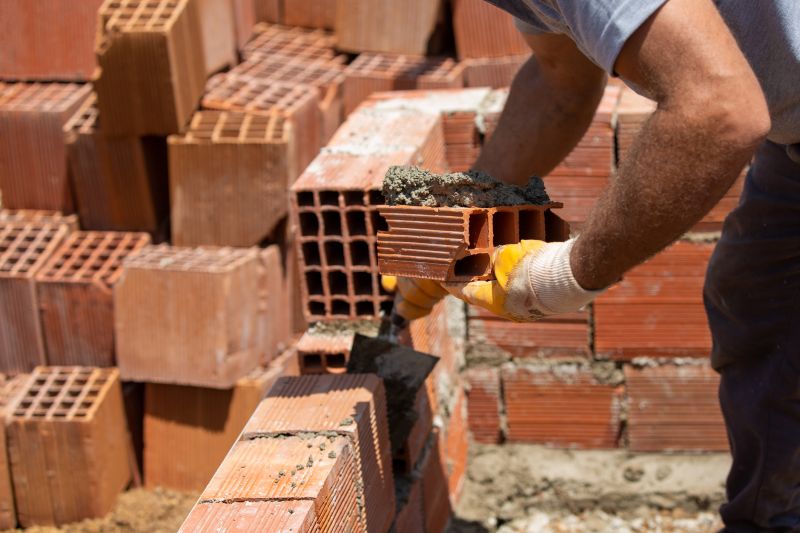
Ideal for preparing structures before winter.
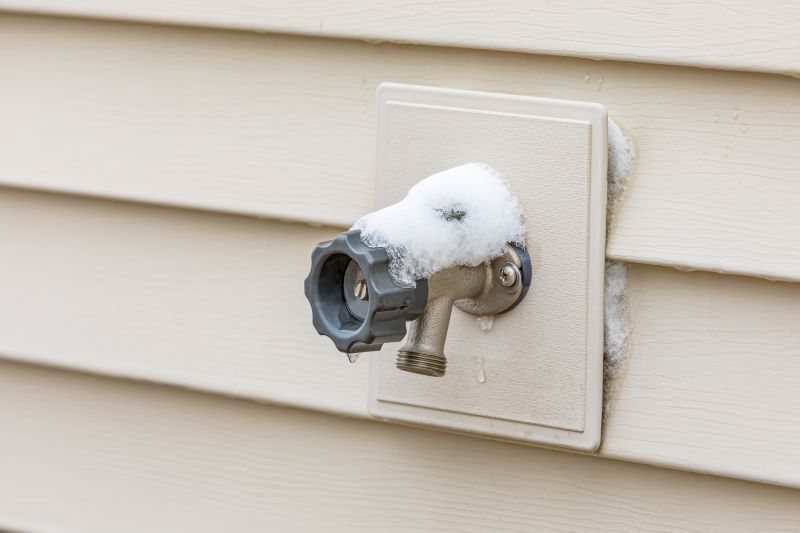
Frost and cold temperatures can delay projects.
| Season | Best for |
|---|---|
| Spring | New constructions and repairs |
| Summer | Maintenance and repairs in moderate temperatures |
| Fall | Pre-winter projects and sealing |
| Winter | Limited to indoor or controlled environments |
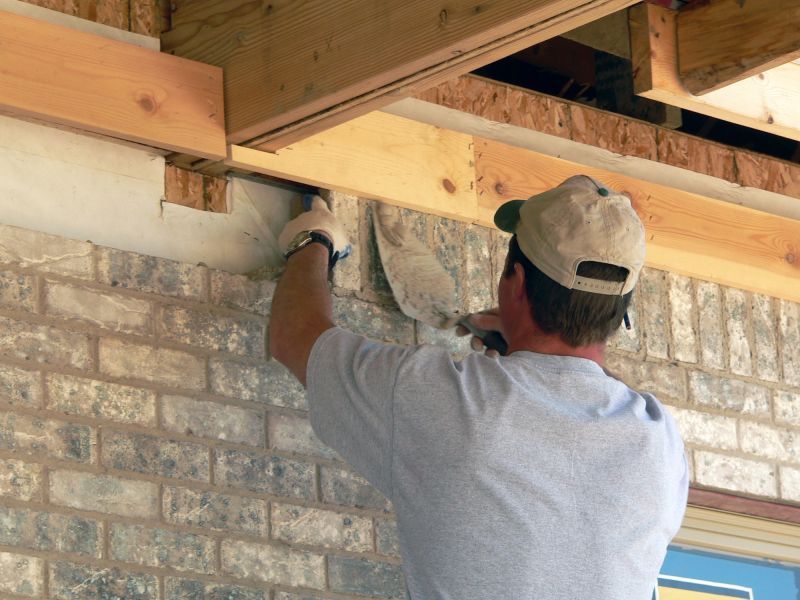
Shows typical work during favorable weather.
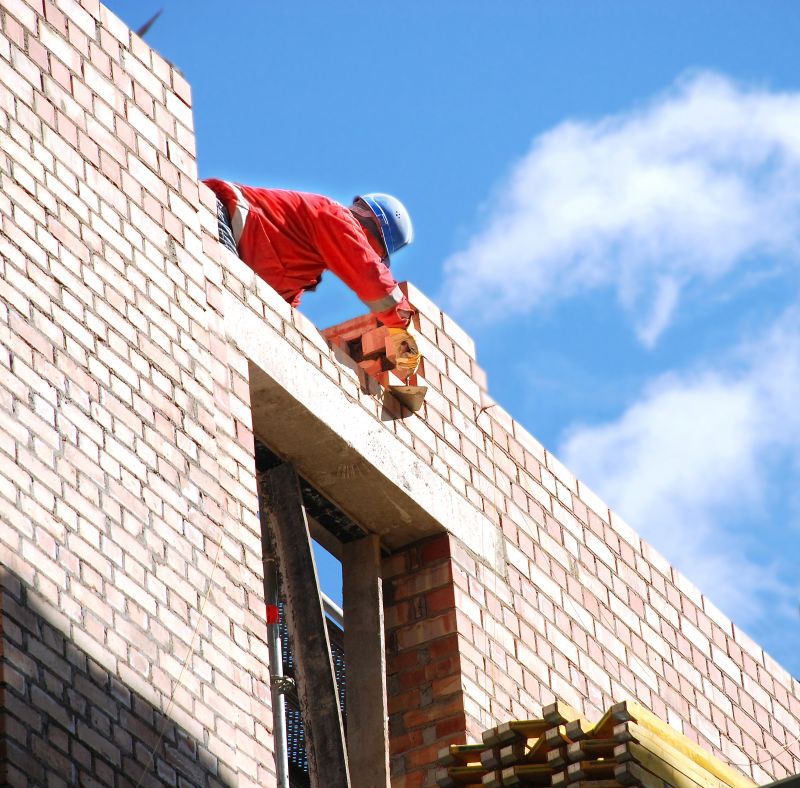
Displays completed structures suitable for various seasons.
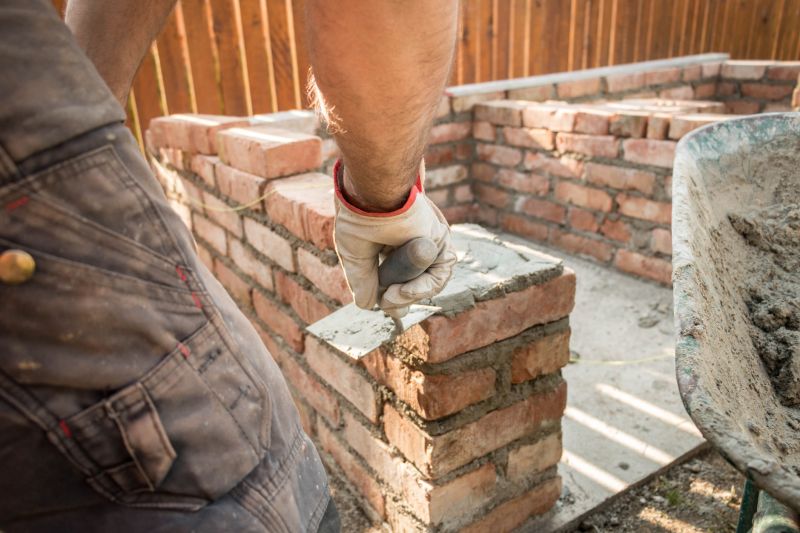
Essential equipment for masonry work.
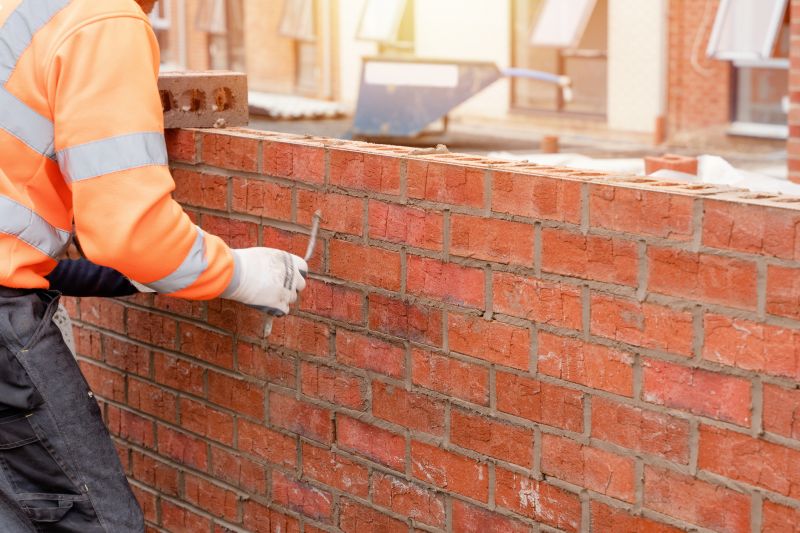
Different approaches for each season.
Scheduling masonry services during the appropriate season can enhance the durability and appearance of the finished work. Consulting with experienced masons ensures the timing aligns with local climate conditions and project requirements. Proper planning minimizes delays and maximizes the lifespan of masonry structures.
Interested in scheduling masonry work? Fill out the contact form to get more information.


